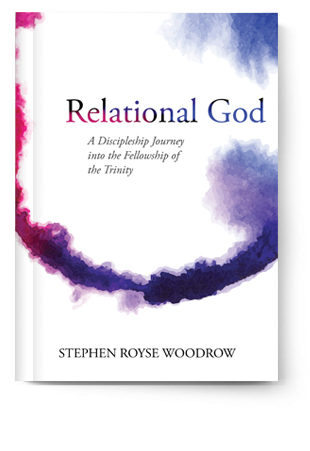“God is not interesting enough for one to have an opinion about him. Scholars of religion call this attitude ‘apatheism.’”
I am uncomfortable even writing that sentence, but sadly that is the growing attitude among many people in America today and a sure sign of our rapid secularization.
Every week I try and walk into the core of our town (Aspen, CO) and get a coffee, hang out, be available and pray for our little resort town. Apatheism is in full swing here. This is a secular city that is busy with all the best the world has to offer. To be a follower of Jesus and be a part of a church is a minority group here and there is very little to affirm faith. People will talk about ‘spirituality’ and all kinds of spiritual experiences, but the idea of God is marginalized. So, how are Christ-followers to live in this growing secular society and be faithful to Jesus’ mission?
Stefan Paas in his book, Pilgrims and Priests, Christian Mission in a Post-Christian Society, describes his experience of living in Amsterdam:
“For the first time we lived in a place where our deepest convictions were not acknowledged at all, or even respected. Despite yourself, you begin to realize how completely self-evident it is for the vast majority in Amsterdam to live without God or the Church. In this profoundly secularized environment people do not even bother to be atheists…You start to wonder whether it really is worth your time to invest so much in one seeker who knocks on the door, while so many others leave through the back door. These questions hit you with double strength when you notice that people can be really happy without religion, and that they do not need God either to care deeply about their fellow humans, or to give to charity. In most of them you do not find this sense of emptiness, or the vague sense of guilt that can be found among non-believers or ex-churchgoers in more religious areas. In Amsterdam, faith has nothing to do with ‘doing the decent thing’ or ‘following tradition’.” (xiv-xv)
All of these sentiments converge here in our little international mountain town. So, how can we maintain a positive faith identity and be salt and light within this rapidly changing culture? Paas goes on in his book to encourage believers to remember that the Bible was written by minorities – believers whose faith and religious practice had been marginalized within the culture and were experiencing hostility. He mentions the story of Daniel in exile as a great encouragement and makes this profound statement:
“Daniel managed to develop a positive faith identity in a context that did not support or affirm his faith. If your faith survives in exile, it will only happen by being thrown back on the nourishing narratives of the Bible, and by being connected with a faith community. The rest will soon become insignificant, or fade away…Again, the faithful formed small groups here amidst a rather disinterested world.” (xv)
We all need to take some time and deeply think about this and press into the scriptures and evaluate our commitment to the church and smaller faith groups within. We cannot move on to being salt and light until we are aflame with hunger for Jesus and His Word and deeply committed to His Body the Church.
4




